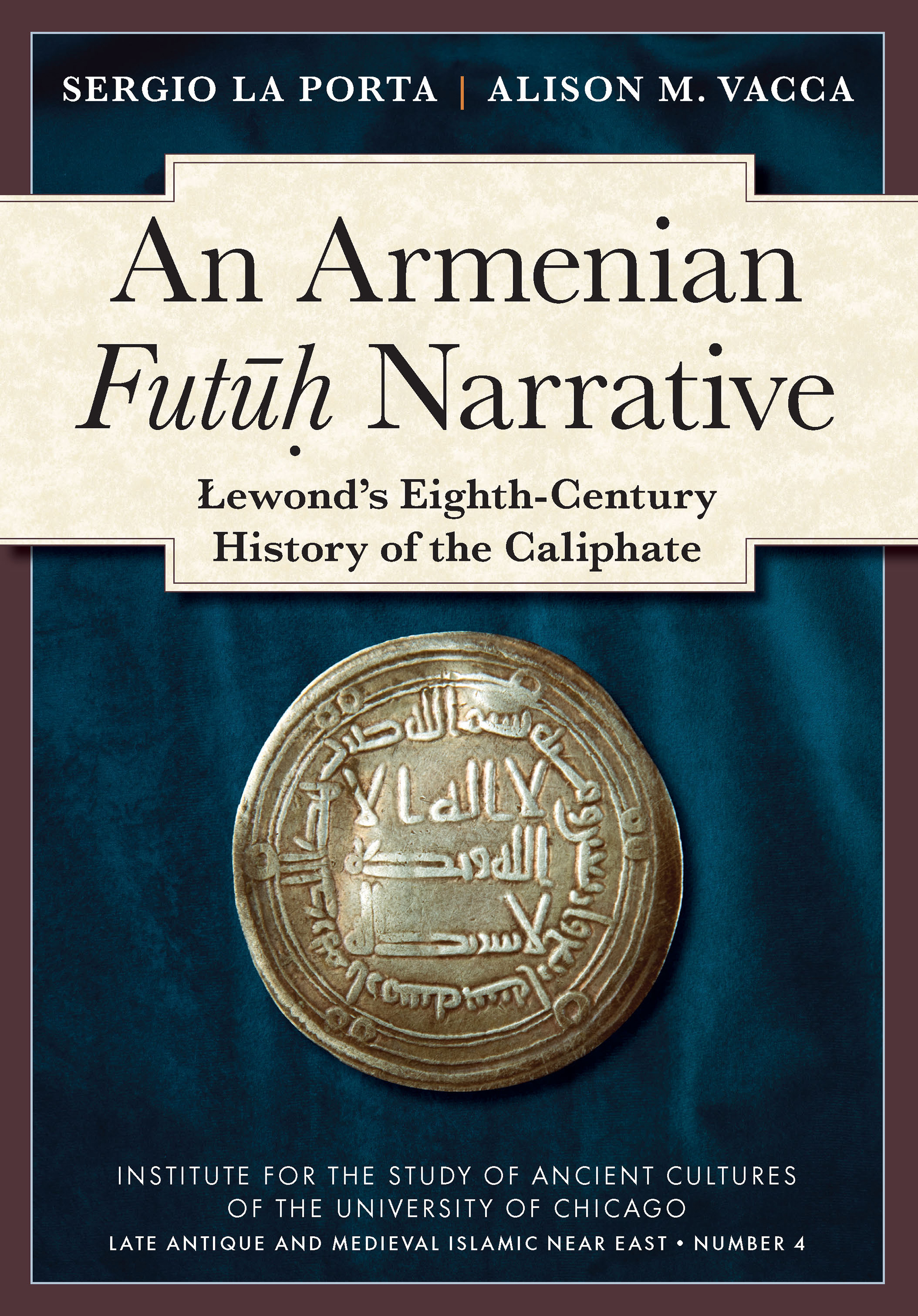Title: Aspects of Ottoman Economy and Culture: Papers presented at the 24th Symposium of the Comité International des Études Pré-Ottomanes et Ottomanes (CIÉPO)
Editors: Phokion Kotzageorgis & Dimitris Papastamatiou
Published: Aristotle University of Thessaloniki, School of History and Archaeology, Thessaloniki 2024
195 pages.
ISBΝ: 9786185649555
CONTENTS
Preface
PART 1: ECONOMY
Stratis Anagnostou: The Transaction of the Foreign Trade between Lesvos and France and the Collection of Customs Taxes in the Island during the 18th Century, According to Relevant French Archives
Yasar Tolga Cora: "It is Contraction not Crisis": the Panic in the Ottoman Markets in 1906-1908
Melina Grammatikopoulou: European Perceptions of Ottoman Labour
Phokion P. Kotzageorgis: Taking the Baton from J.C. Alexander: the Great Meteoron Monastery in the Early Ottoman Period (15th-16th centuries)
Sevinç Kiiçiikoglu: Financial Supervision in Ottoman Provinces During the era ofSelim III: Emerging Actors
Fatma Öncel: Visualising Confiscation Records of Early-nineteenth Century Ottoman Greece
Dimitris Papastamatiou: Conversing with the Sublime Porte: a Moreot Magnate's Political Interplay with the Ottoman Authority
Onur Usta: What do Gristmills Tell us about the Social and Economic History of Ottoman Anatolia in the Early Seventeenth Century? Rethinking the Wrath of Nature: the Case of Urfa (Ruha), 1629-1631
PART 2: CULTURE
Antonis G. Katsarakis: The ‘‘Yali Camii” in Crete, Greece. An Interpetation of its Layout and Distinctive Dome
Seda Kula: Ottoman Imperial School of Fine Arts’ Role in Architectural Heritage Related Studies and Practices in Late Ottoman Era
Dr. Melpomeni S. Perdikopoulou: The Double Hamam of Ottoman Zichna; an Effort to Interpret an Unknown Bath
Georgios Salakidis: An 18th Century Greek Translation of Mehmed b. Pіr Ali Birgivi’s Vasiyetname


































































